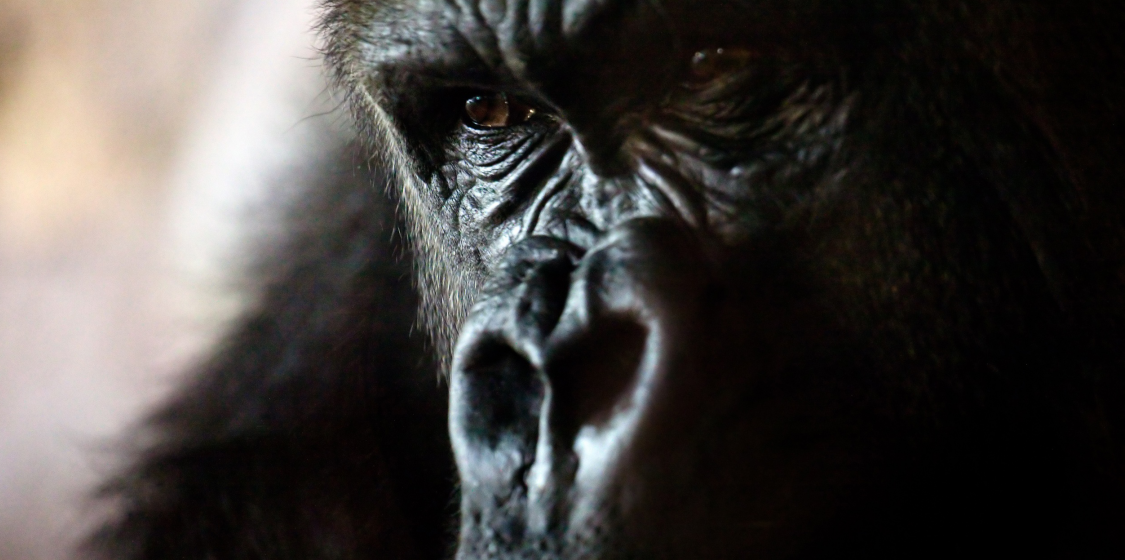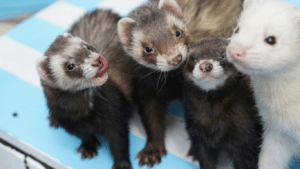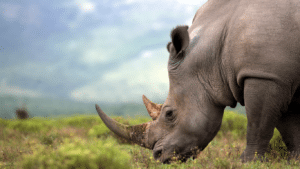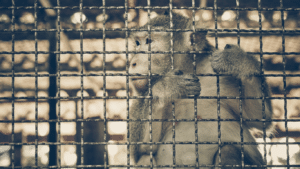Coronavirus could be deadly to the great apes of the world. If the virus reaches the few remaining gorillas, orangutans and chimpanzees, they might be doomed.
Critically endangered gorillas and chimpanzees in Central Africa are being isolated from humans in a bid to protect them from the current coronavirus outbreak. But their future is uncertain: national parks there are closing their doors until the threat has passed.
Andrea Matthee, from the Animal Survival International (formerly Political Animal Lobby), said that this threat adds to concerns about the great apes: “Sensible steps have been taken to isolate the animals, but the coronavirus could be devastating to them.”
To make matters worse she said that anti-poaching activities could be at risk because revenues from gorilla tracking permits fund their conservation, and there will be none coming into the African reserves which safeguard them.
Primates like orangutans, chimpanzees and gorillas easily pick up respiratory disease from humans, although it is still unknown whether COVID-19 will affect them. Outbreaks of the common cold and pneumonia have been lethal for chimpanzees in Africa. People can also transmit measles, polio and tuberculosis to these vulnerable creatures. Scientists such Fabian Leendertz, a wildlife epidemiologist at the Robert Koch-Institute and Max Planck Institute for Evolutionary Anthropology in Germany told LiveScience in 2008 that, "Virtually all diseases that can harm us can harm the great apes since we share so many genetic and physiologic properties”.
As a precaution to protect these endangered animals, nature reserves such as Virunga in the Democratic Republic of Congo, Nyingwe, Volcano and Mukure Parks in Rwanda, have all shut. Tourism has come to a standstill.
Forest animals are already under enormous threat from humans. African Wildlife Foundation explains the pressures gorillas in the Democratic Republic of Congo: “The political instability and pressure from rebel groups throughout the area put pressure on Virunga National Park, placing this great ape in the middle of this social and economic crisis”.
All of these great apes’ habitat is being destroyed in the face of mining and deforestation. They are hunted for their body parts which are used for medicine or souvenirs, and their infants are sold as pets, according to Endangered Species International. In some places, people eat these large primates as bushmeat. In Central Africa, conservation fees from tourism help to pay patrols to prevent illegal hunting, maintaining protected areas, and conducting research.
Humans carrying the coronavirus pose one more threat to the great apes already on the verge of extinction.




